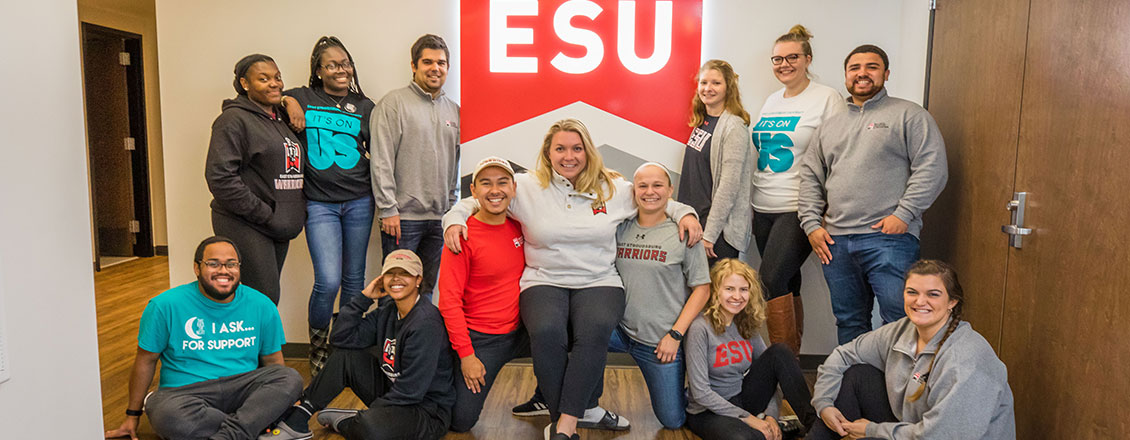
Sexual Violence
Sexual Violence
What is sexual violence?
When people think about sexual violence, the first things that come to mind are sexual assault and rape, but sexual violence is a broad term that also includes many other forms of inappropriate behavior. Sexually violent behavior can be physical, emotional, verbal, or a combination of all behaviors. Sexual violence can refer to any form of sexual harassment, sexual discrimination, stalking, fondling, sexual exploitation, dating violence, or domestic violence. It’s important to obtain consent for any form of sexual interaction.
What does consent mean?
Conversations about college relationships often involve the phrase consent, but what exactly is consent? Consent is a verbal “yes”, without being under the influence of alcohol, drugs or asleep. While this definition is straightforward, there are some important things to remember regarding consent.
- Consent to one form of sexual activity does not constitute consent for any other sexual activity, and consent can be withdrawn at any time, for any reason.
- Silence and passivity cannot be interpreted as an indication of consent.
- Read the other person carefully, paying attention to verbal and non-verbal communication and body language. The person might not be comfortable speaking up, make sure consent is ongoing.
- If it is not clear by the other person's words and actions that they are a willing participant in a specific activity, then consent is not present.
How can I keep myself and others safe?
Victims are never at fault when someone takes sexual advantage of them. However, there are things that can be done to reduce the risk of experiencing sexual violence. These strategies are not intended to create victim-blame; those who commit sexual violence are solely responsible for their conduct.
- If you feel uncomfortable or unsafe about a person or situation, trust your gut and remove yourself from the situation as soon as possible.
- Understand and respect personal boundaries. Do not pressure a potential partner; "no means no" and "yes means yes." The absence of a no does not mean yes.
- Watch out for your friends and ask that they watch out for you. Be an Active Bystander! #StepUpESU
- Don't go somewhere with someone you don't know well. If you do leave a party with a new friend, tell the friends you came with where you are going and when you are coming back.
What is the Red Zone?
The Red Zone is the period of time between the beginning of the fall semester and Thanksgiving. Why is it called the Red Zone? There are more sexual assaults on U.S. college campuses during this time than at any other time during the school year. Freshmen women are especially vulnerable to sexual assault during this time. This is due to several reasons:
- Students are meeting new people and trying to fit in, and they may participate in certain activities for the first time.
- Students have less parental supervision and increased independence, which may lead to certain high-risk behaviors such as experimenting with alcohol or other drugs.
- Students may be new to town and may be adjusting to a new environment and getting oriented.
Remember, if you need support with making friends, getting adjusted to college life, or tips on how to have fun safely, there are resources on campus to help you!
Contact Us
Contact Information
- Campus Address
- Sycamore Suites, Lower level, 025
- Phone:
- (570) 422-3298
- Title of Department Leader
- Coordinator, Wellness Education & Prevention
- Name
- Kayla Simon
- E:
- ksimon6@esu.edu
- Phone:
- (570) 422-2734



